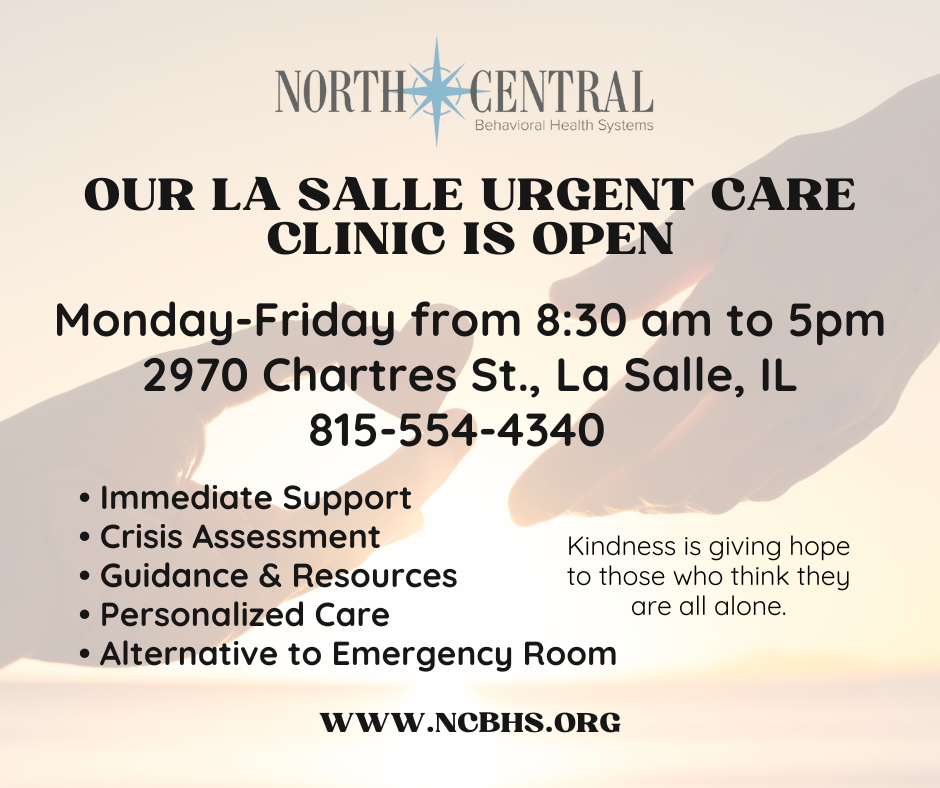
Questions to Ask Yourself
There are a number of factors in determining the appropriateness of treatment.
1. Is this emotional distress disrupting daily functioning, threatening to overwhelm the child or interfering with age-appropriate emotional development?
For example, parental divorce is an emotionally upsetting experience that children react to in a variety of ways. If a child's reaction lasts longer than a month and is prevalent in other settings besides home, this indicates that normal functioning has become disrupted.
2. Is this emotional distress interfering with normal family functioning, even though the child does not appear to be upset by the behaviors?
This situation frequently occurs with children who have unrealistic or exaggerated fears, possibly about going to school. The child may be content to remain at home but the parents are often very distressed and inconvenienced by their child's unreasonable refusal to go to school.
3. Are your child’s problems complicated and beyond the range of normal daily experience?
For example, children who suffer from serious or life-threatening medical problems may benefit from developing coping skills to deal with their unique situation and advise parents regarding how best to support their child.
4. Are there sudden behavior changes?
-
Is your child suddenly isolating herself from friends? Friendships change over time and some kids enjoy larger peer groups than others, but if she’s avoiding friends it’s a red flag.
-
Is your child suddenly very sad and worried? All children have worries at times and all children cry. That’s part of childhood. But, worrying isn’t normal if it’s interfering with her ability to take care of herself and her interactions with others.
-
Is your child having nightmares, difficulty falling or staying asleep, eating too much or too little, excessive headaches, or stomachaches? These could also indicate a need for treatment.
5. Are your child’s behaviors or symptoms so severe that they are potentially life threatening?
Is your child trying to cause pain by cutting or hitting himself? Does he repeatedly talk about death and dying? Watch out for statements about suicide or killing others. Any talk about suicide or killing another person requires help …immediately.
Parents are considered a key component of every child's treatment. Parents provide valuable information about their child and offer feedback on the effectiveness of interventions. Therapy offers children the opportunity to identify, discuss and understand problems and to develop necessary coping skills. Treatment also provides the opportunity to address parental concerns. Left untreated, a child's problems may become severe and lead to more serious, long-lasting difficulties.
For more information, please visit our Information Library or Contact Us


